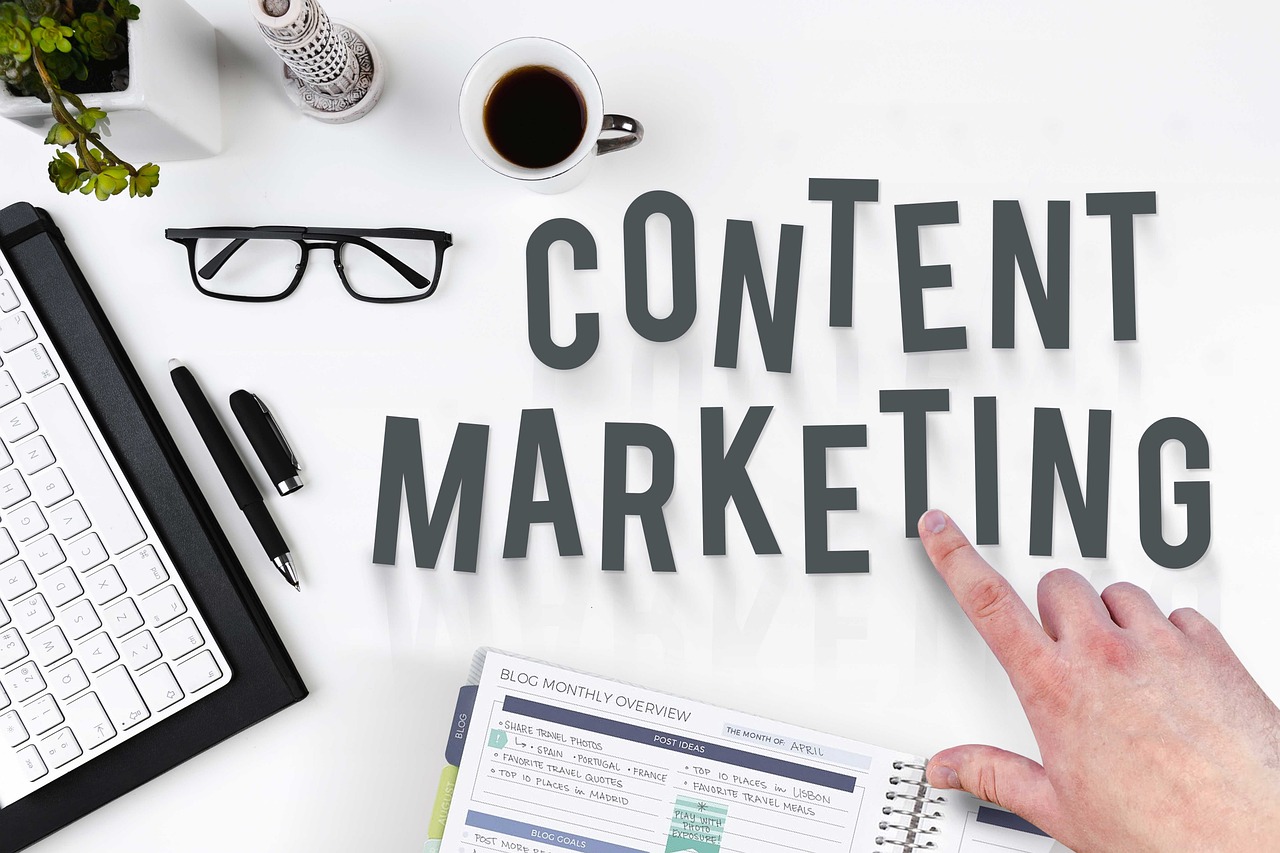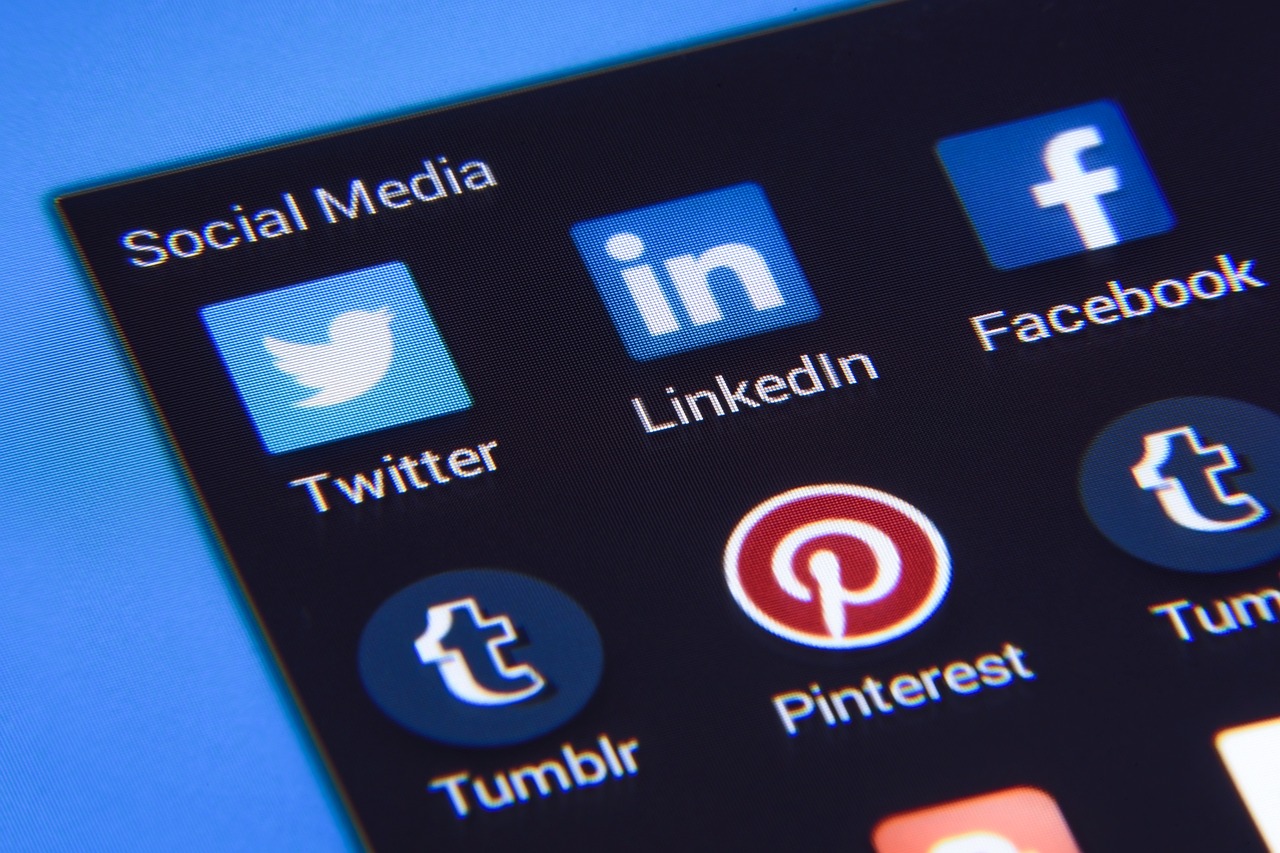In today’s fast-paced digital world, businesses are using digital marketing to reach their target audiences more effectively than ever before. However, when it comes to digital marketing, there is no one-size-fits-all approach. The strategies used by businesses that cater to other businesses (B2B) differ significantly from those used by companies that sell directly to consumers (B2C). Understanding the key differences between B2B and B2C digital marketing is crucial for crafting the right marketing strategy for each audience.
Key Differences Between B2B and B2C Digital Marketing
- Target Audience
B2B: In business-to-business (B2B) marketing, the target audience typically consists of organizations and professionals who make purchasing decisions on behalf of their company. These buyers are often looking for solutions that will improve their business operations, increase efficiency, or reduce costs. Therefore, B2B marketing strategies tend to focus on providing value, building trust, and addressing pain points within the business environment.B2C: On the other hand, business-to-consumer (B2C) marketing targets individual consumers. These marketing strategies aim to create emotional connections with consumers and appeal to their personal needs and desires. B2C companies often emphasize product features, benefits, and lifestyle alignment to drive purchases. - Sales Cycle
B2B: The B2B sales cycle is typically longer and more complex. Decision-makers in businesses tend to be more cautious and deliberate in their purchasing process. This often involves multiple stakeholders, a higher level of scrutiny, and a greater need for detailed product or service information. B2B marketing efforts need to focus on educating the buyer and nurturing the relationship over time.B2C: B2C transactions, on the other hand, tend to have a shorter sales cycle. Consumers are more likely to make spontaneous purchases based on their immediate needs, desires, or emotions. B2C marketing focuses on quick, impactful messaging that encourages impulse buying and quick decisions. - Content and Messaging
B2B: B2B marketing content is generally more formal, informative, and data-driven. Whitepapers, case studies, webinars, and eBooks are often used to communicate the value proposition in a way that resonates with business professionals. The content needs to highlight ROI (Return on Investment) and efficiency improvements, providing a clear business case for the purchase.B2C: In contrast, B2C content tends to be more conversational, emotional, and visually appealing. Social media campaigns, product demonstrations, influencer marketing, and customer reviews play a large role in B2C strategies. The goal is to build a strong emotional connection that drives quick purchasing decisions. - Channels
B2B: The primary digital marketing channels for B2B companies include LinkedIn, email marketing, content marketing (blogs, case studies, white papers), and search engine optimization (SEO). These channels help build relationships and drive lead generation in a more professional and detailed manner.B2C: B2C companies often focus on channels that can reach a broad consumer audience in a fun and engaging way. These include social media platforms like Facebook, Instagram, TikTok, and YouTube, where companies can leverage visual content, influencer partnerships, and social engagement to connect with their target market.
B2B Digital Marketing Strategies
- Content Marketing
Since B2B customers value educational content that helps them solve business challenges, content marketing should be a key component of any B2B strategy. Publish blog posts, industry reports, and eBooks that position your business as a thought leader. Webinars and podcasts also work well for delivering in-depth industry insights and engaging with potential clients. - SEO and SEM
B2B buyers often begin their purchasing journey by searching for solutions online. As such, having a strong SEO strategy is essential. Invest in long-tail keywords related to your products and services, and use search engine marketing (SEM) to target businesses actively searching for solutions. Both organic and paid search strategies can help you reach a highly relevant audience. - Account-Based Marketing (ABM)
ABM is a highly targeted B2B strategy that focuses on nurturing relationships with specific businesses rather than casting a wide net. By identifying key accounts and tailoring your marketing efforts toward them, you can increase the likelihood of closing large, high-value deals. - Email Marketing
Email is an essential tool for nurturing leads over time. B2B marketers often create detailed email drip campaigns that provide prospects with valuable information, case studies, and solutions that demonstrate how their business can benefit from a partnership.
B2C Digital Marketing Strategies
- Social Media Marketing
Social media is the go-to channel for B2C marketing. Platforms like Facebook, Instagram, and TikTok allow businesses to engage directly with consumers through posts, stories, influencer partnerships, and paid advertising. B2C companies often focus on brand storytelling, customer engagement, and visually striking content that resonates with their audience’s lifestyle. - Influencer Marketing
Working with influencers can be a highly effective B2C strategy. Influencers already have a built-in audience that trusts their opinions. By partnering with influencers who align with your brand, you can quickly expand your reach and connect with new customers in an authentic way. - Email Marketing and Personalization
Email marketing remains a powerful tool for B2C businesses as well. However, it is crucial to make emails highly personalized, offering tailored promotions, product recommendations, and updates based on the consumer’s past behavior and preferences. Automation tools can help send the right message at the right time, boosting customer retention. - Paid Social Ads and PPC
Paid advertising, particularly through platforms like Facebook Ads or Google Ads, is highly effective in driving B2C traffic. These ads can be targeted based on demographics, interests, behaviors, and location, making them ideal for reaching a wide audience. Additionally, these ads are often designed to drive immediate conversions, whether through direct purchases or special offers.
Conclusion
The differences between B2B and B2C digital marketing are significant, yet both require a deep understanding of their respective audiences and clear, strategic goals. B2B marketing is centered around long-term relationships, thought leadership, and demonstrating business value, while B2C marketing leans more into emotional connection, quick purchasing decisions, and engaging social content. By understanding these differences, businesses can craft tailored digital marketing strategies that best resonate with their target audience and drive growth.
Whether you’re in the B2B or B2C space, staying up-to-date with emerging digital trends, refining your tactics, and constantly adapting to the needs of your audience will ensure success in this dynamic landscape.
At 7Shades Digital, we specialize in creating strategies that help businesses excel in the digital world. If you’re ready to take your brand to the next level, contact us today!





